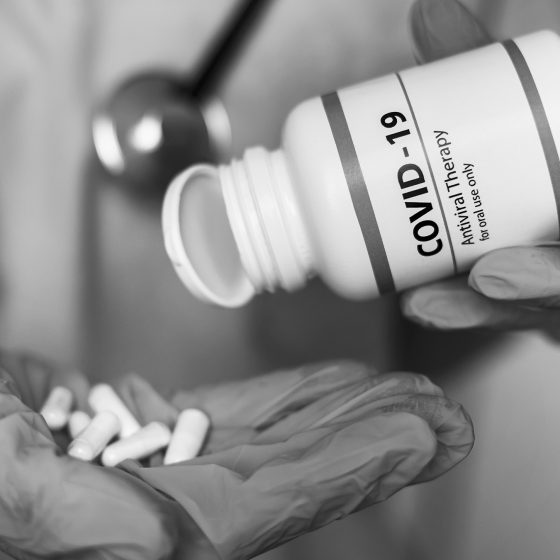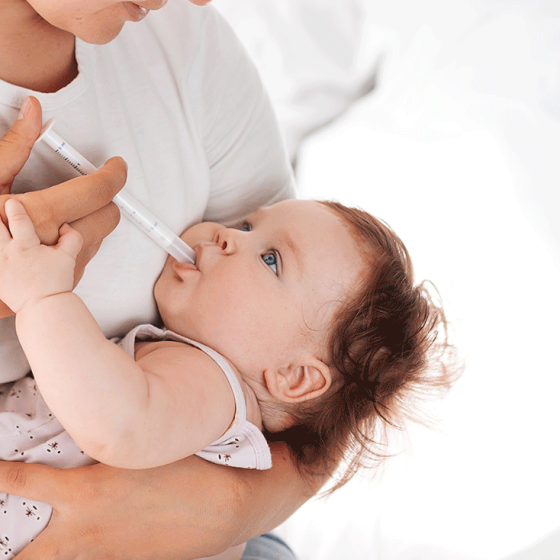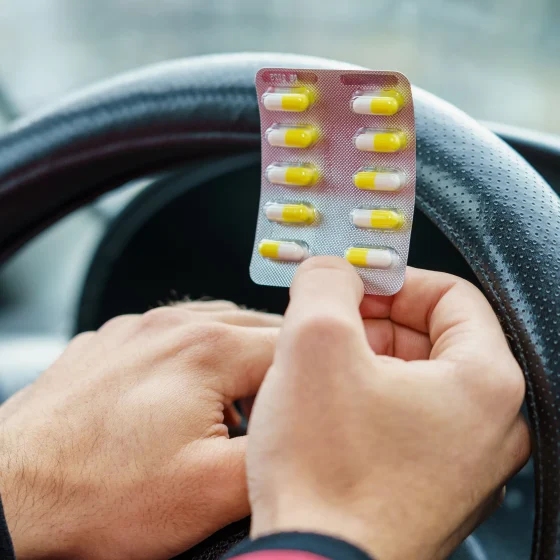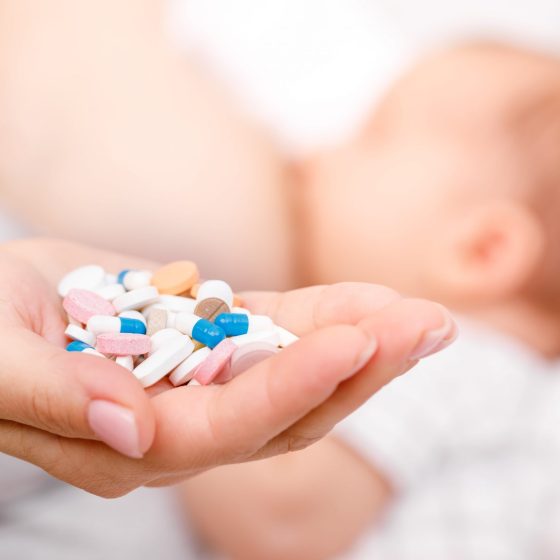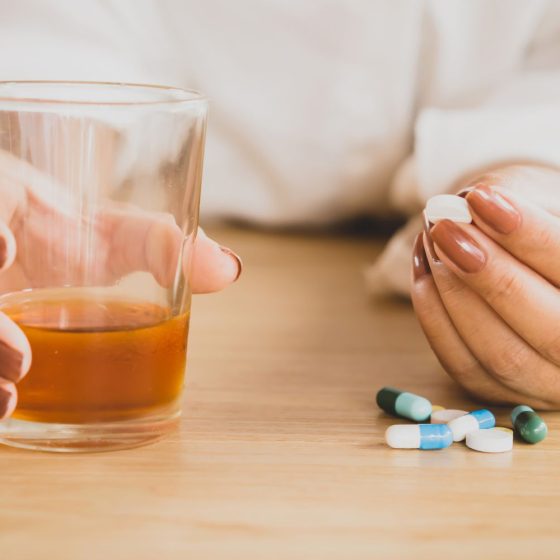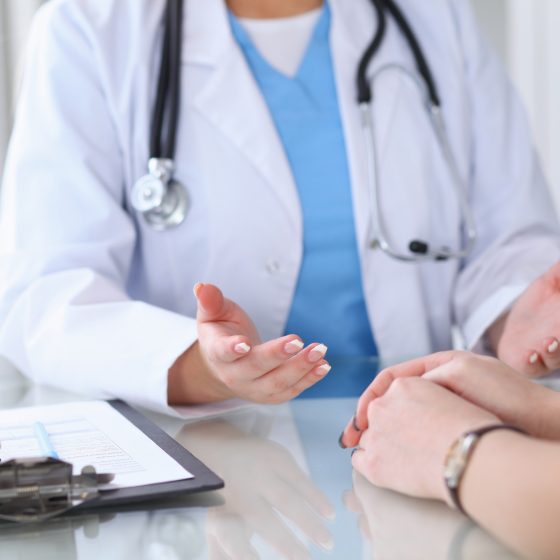Medicines for COVID-19
What are COVID-19 treatments? COVID-19 treatments help stop someone from becoming very sick with COVID-19. Not everyone diagnosed with COVID-19 will need these treatments. They are of most benefit to people who are at the most risk of severe disease or people who are in hospital with severe disease. Some COVID-19 treatments can be prescribed by your doctor and taken at home. Other treatments can only be administered to patients who are in hospital. More COVID-19 medicines are undergoing clinical trials and the Therapeutic Goods Administration’s vigorous approval process. For up to date information on recommended treatments and the latest

